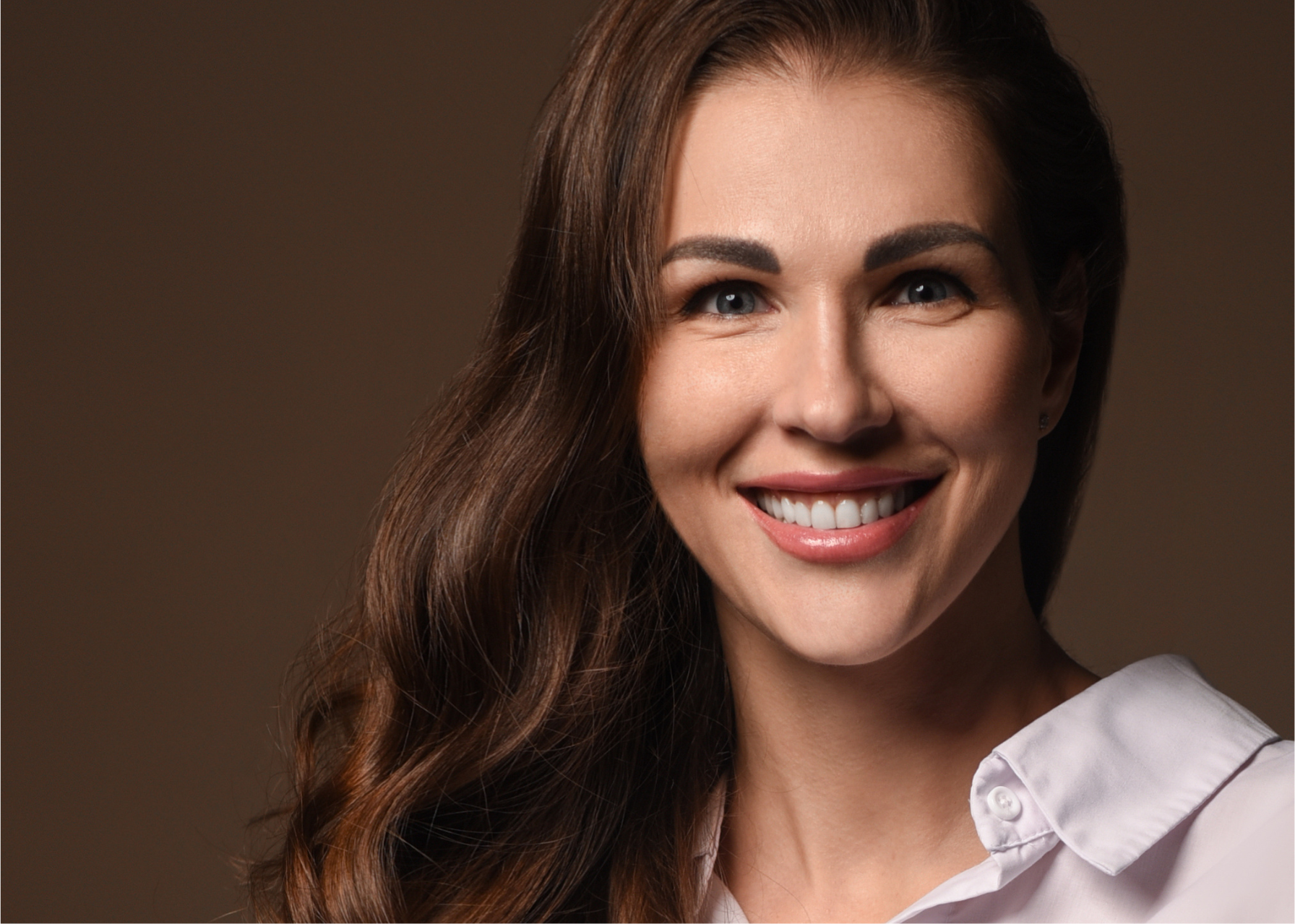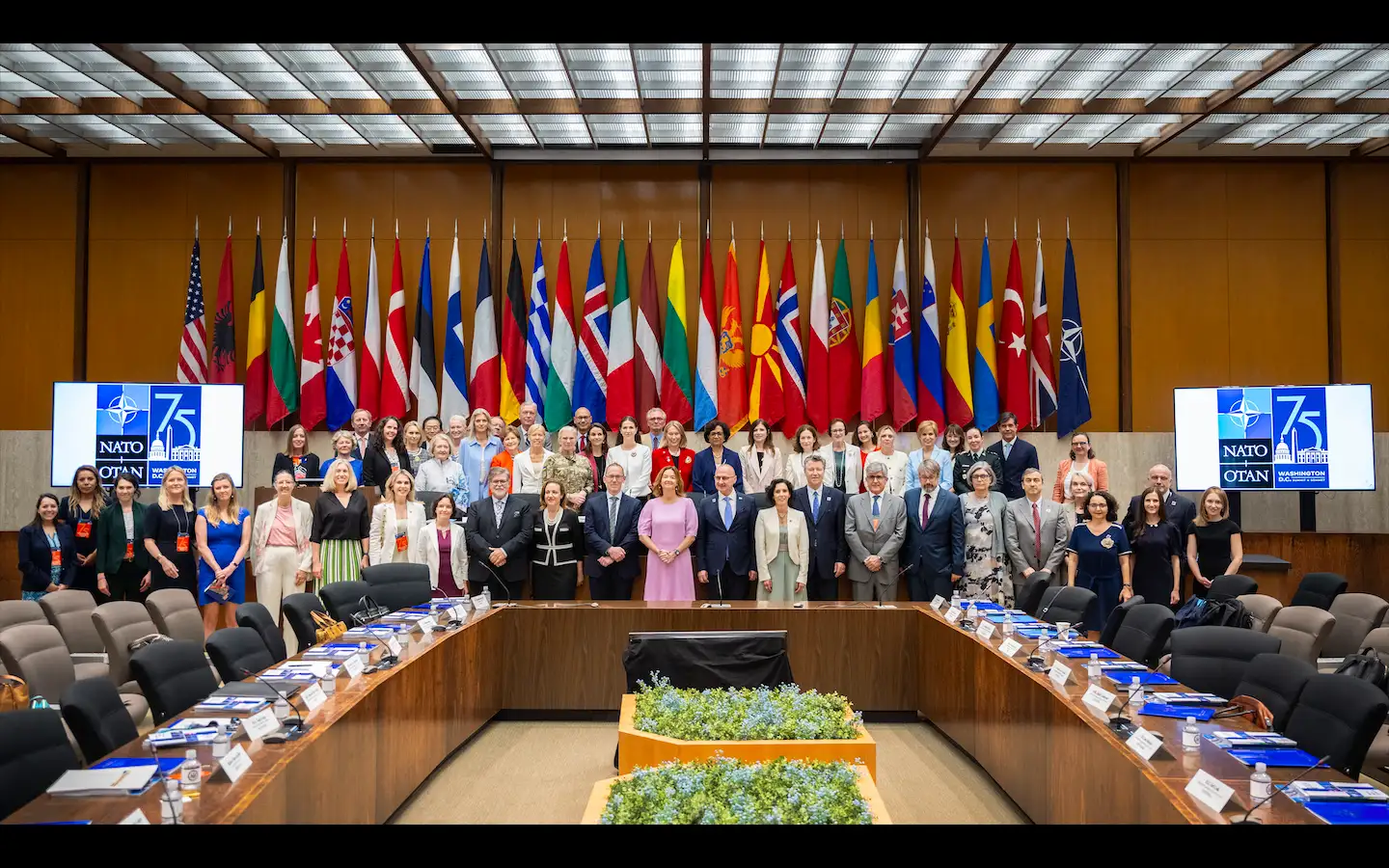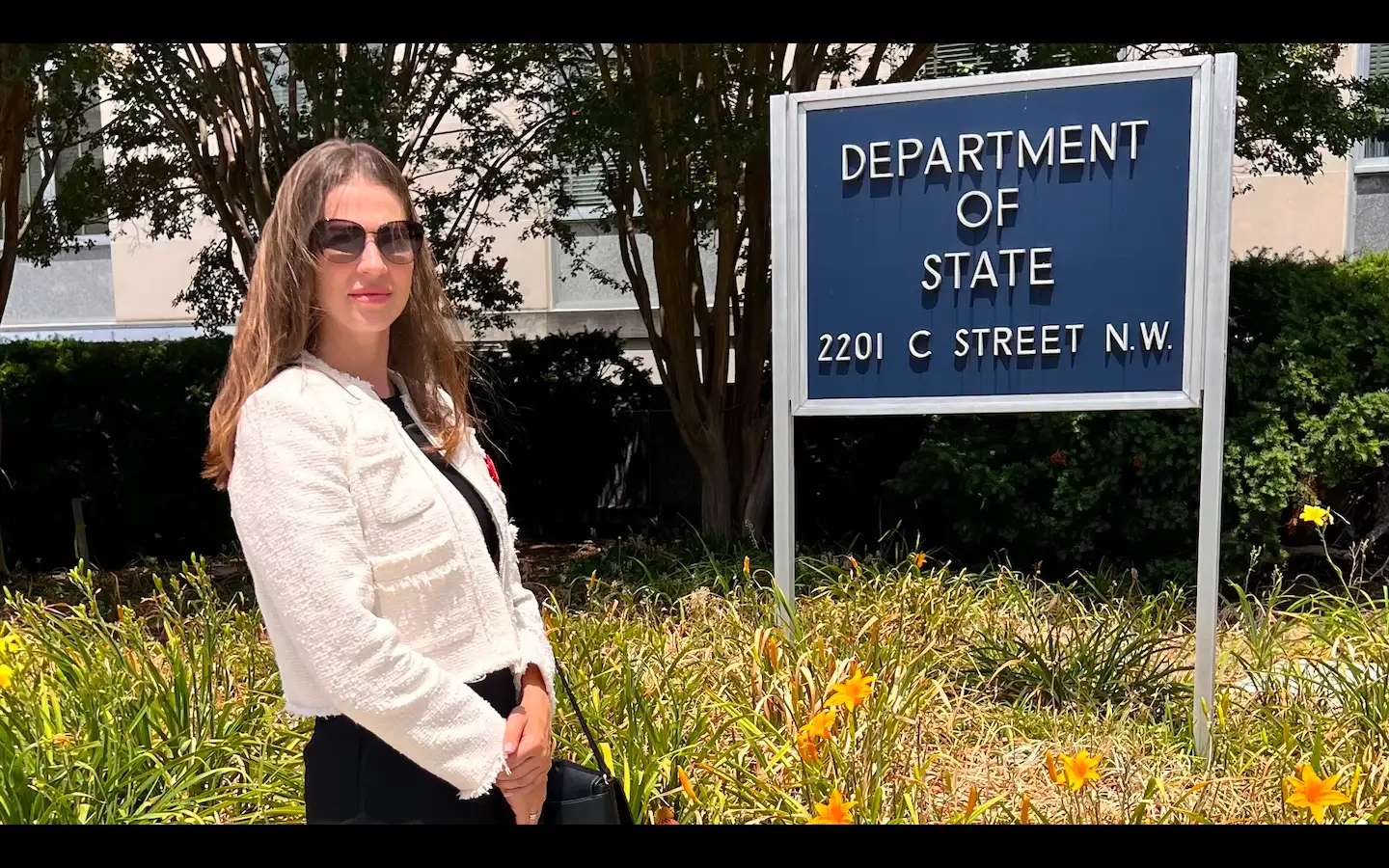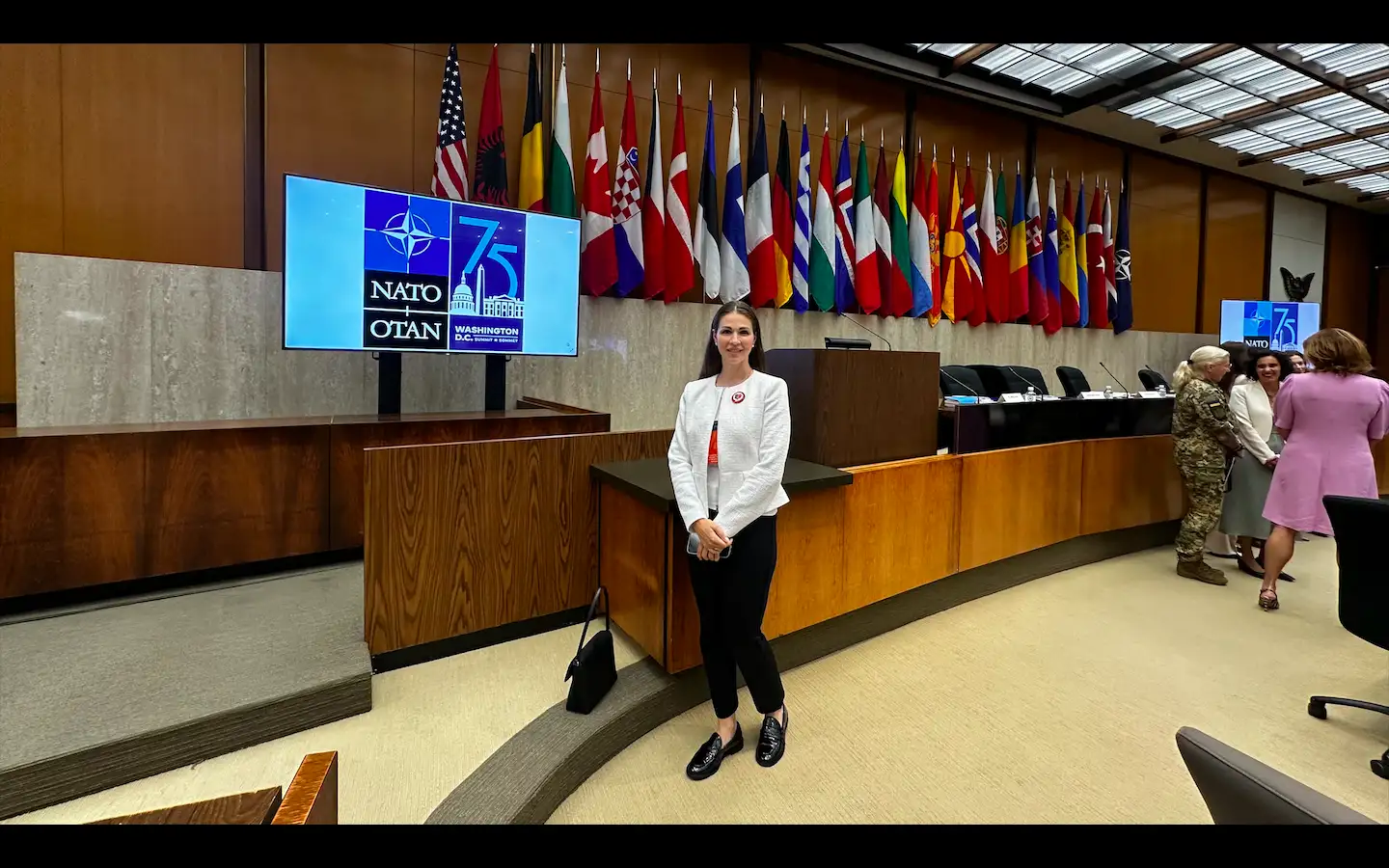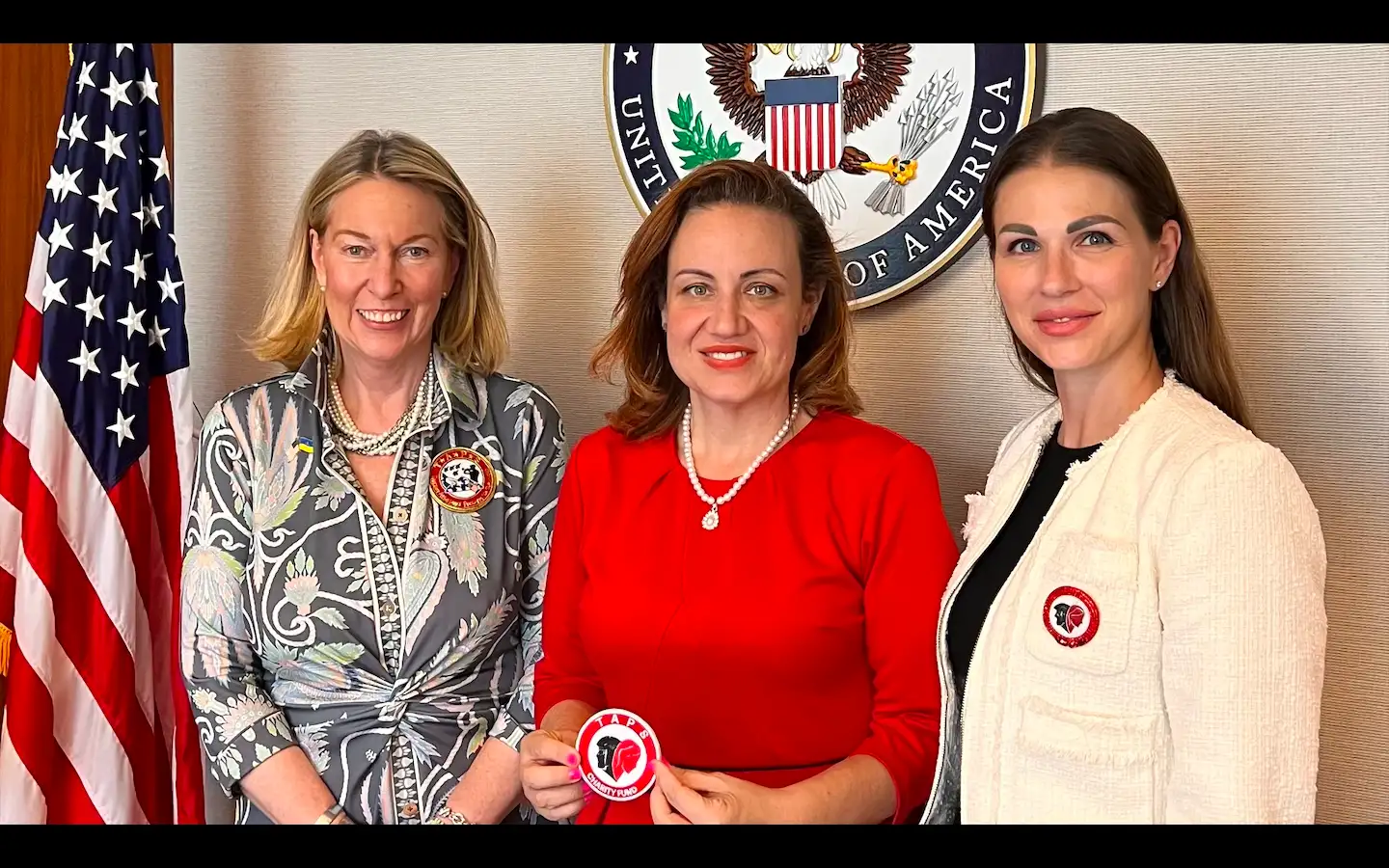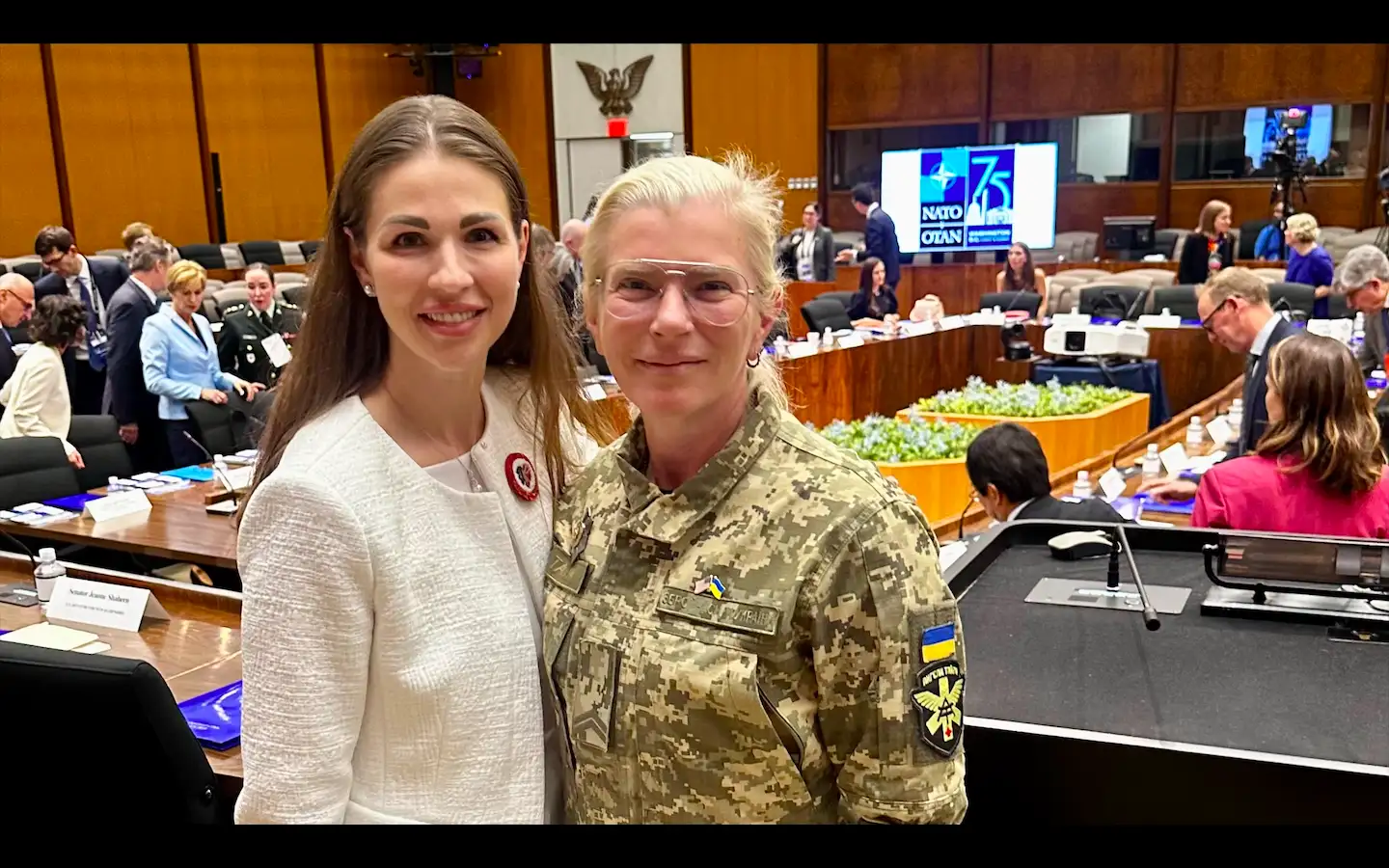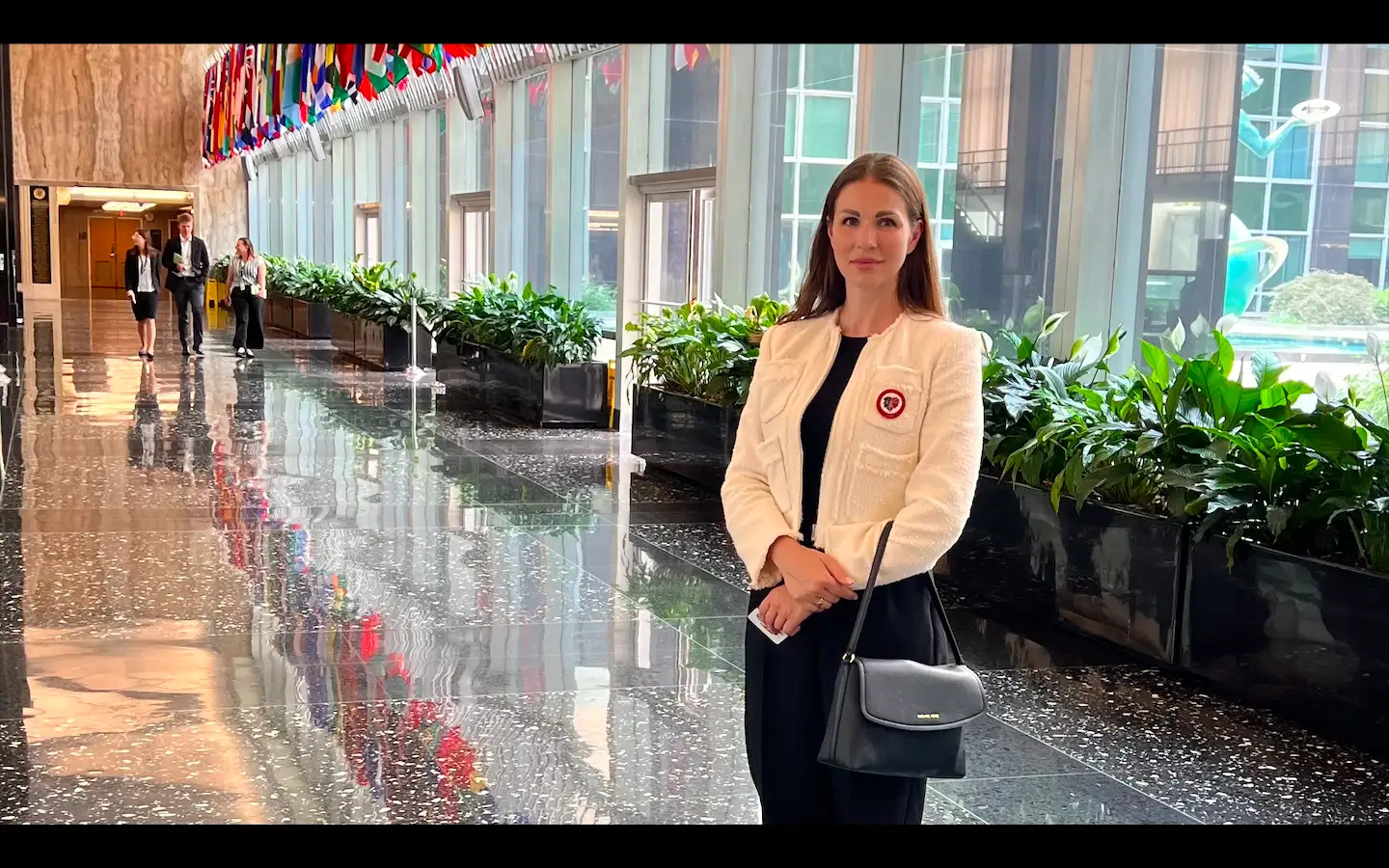It is not enough just to recruit women into the armed forces and provide them with proper uniforms and equipment. They must also understand where they will return after their service. Rehabilitation is essential, and if they wish to continue their military careers, further education and training must be available. Women must have the right to choose positions and to be heard.
“Women, Peace and Security”—what was discussed on this panel?
This panel took place on the first day of the summit at the U.S. Department of State and was led by Irene Fellin, NATO Secretary General’s Special Representative for Women, Peace and Security.
It was encouraging that Ukraine had two representatives on the panel—both named Yulia—but this is far too few for a country at war whose input is vital for shaping related legislation.
Moreover, speaking time was limited, and while many countries have heard of us, they still do not fully understand the scale of the problem.
Many speakers focused on women’s safety at the front, their equipment, and uniforms. However, Yulia Paievska and I emphasized the need to provide training for female soldiers, address their mental health, and support their motivation to continue service, as well as to ensure decent living conditions after service.
We also stressed the importance of equal representation of women in the information space. Only 17% of media content in Ukraine features comments from women in the military. Civilians know that women are fighting, but they rarely see them or hear their voices as experts. I believe the state must work on increasing media visibility for servicewomen.
The media reported that Antony Blinken announced $7 million for the needs of women in the Ukrainian Armed Forces after the round table. This seems small compared to the $40 billion allocated for Ukraine’s defense. What is your view?
When we talk about U.S. assistance—our strategic partner in this war—I think we need to shift the focus. The help we receive allows only for defensive actions, not a final victory.
Our resources are not unlimited; we see everything. We want to understand, for example, why we are given only two Patriot systems when we need 22. We want such decisions clearly explained.
That is why it was very important that Ukraine was represented by the civil sector—we are not afraid to ask these questions.
Tell us more about the scientific panel “U.S.–Ukraine Partnership in Education and Science,” where you also participated.
After the NATO Summit, I attended a panel on science and education. The discussion focused on the destruction of Ukrainian educational institutions by Russian forces, the current state of education and science, and the challenges of offline, online, and hybrid learning formats affecting students.
First Lady Olena Zelenska opened the panel, emphasizing that Ukrainian children suffer from the conditions and formats of the educational process and do not fully receive the knowledge they need.
At some point, it became clear that the farther Ukrainians live from Ukraine, the more they support everything Ukrainian. I met many members of our U.S. diaspora who know Ukraine and its traditions better than some people inside the country.
Ukrainian-born scientists and educators, regardless of when they emigrated, now honor our traditions, language, and culture so deeply that we should learn from them. This proves that we exist and will continue to exist.
You also met with Ambassador Geeta Rao Gupta and S/GWI Deputy Director Katrina Fotovat at the Office of Global Women’s Issues. What are the prospects for cooperation with the U.S.?
As a woman, it was inspiring and important to meet such influential figures dedicated to protecting women’s rights worldwide. These connections open doors for future invitations and expand our presence on the global stage.
We discussed opportunities for cooperation and joint projects. While most businesses in Ukraine are focused on supporting the military, we also strive to help soldiers’ families. In the U.S., such social initiatives receive strong support, giving us a chance to secure assistance for our foundation’s projects.
What happened behind the scenes of the NATO Summit?
After the Women, Peace and Security panel, all participants were invited to a closed breakfast to share their views on amendments to the law of the same name. Interestingly, apart from the Ukrainian representatives, no one offered specific proposals.
Yulia Paievska and I emphasized the importance of clearly outlining all aspects of women’s military service—from enlistment and career advancement to the absence of harassment and bias, as well as training, adaptation, and rehabilitation if desired.
On the eve of the summit, Russia launched a missile strike on the Okhmatdyt Children’s Hospital. How did participants react?
Everyone was aware—it was all over the media. I saw fear and anger in people’s eyes, as well as an inability to comprehend how and why such an atrocity could happen.
Although my speech focused on women in the military, I began by addressing the missile strike, stressing that Russia is not only attacking but deliberately destroying Ukrainians and mocking the entire world.
I insisted that it is time to stop talking and start acting. Everyone understands that Ukraine is the shield between the aggressor and the free world. Why must we wait for weapons—and only those meant for defense, rather than for counteroffensives to liberate our land? I was told that they sympathize with us.
How will your participation in the NATO Summit influence the work of the TAPS Charity Foundation?
Our main partner and sister organization is TAPS USA, which now operates in 54 countries. One of their focus areas is supporting women in the military and those in difficult situations.
The president and founder, Bonnie Carroll, is a veteran, a military widow, and has worked in the Pentagon and the White House, where she is well known. As an organization that supports families of the fallen, we strive to maintain high standards and have earned trust.
I believe this summit was a starting point for representatives of both organizations to be invited to NATO. Bonnie called me at night and said the State Department had invited representatives of TAPS USA and TAPS Ukraine. They also wanted to invite a woman from the front, but since that was not possible, I went myself.
At all events, Bonnie and I were together. This was an entry onto the international stage so that more people would learn about our existence. Many know TAPS USA and cooperate with them, but almost no one has heard of TAPS Ukraine. This was groundwork for the future.
How will these new connections impact TAPS’s future development?
TAPS Ukraine is expanding. We plan to work not only with families of fallen defenders but also with families of the missing, prisoners of war, those waiting for loved ones to return, and families of veterans, both men and women. Our goal is to unite these families.
To achieve this, we will establish cooperation with many American organizations willing to support such families.
What are your personal conclusions from the summit?
It was very important for me to see a large number of influential women at the NATO Summit—not only within thematic events—and to hear what they say about their own countries and about Ukraine.
I returned with the feeling that it was not in vain, even though there were few Ukrainians present. We made our contribution and clearly expressed thoughts that made others reflect on the importance of events in Ukraine and on how critical our victory is for Europe and the United States.
Women leaders inspire. Being among them is about moving forward. It motivates us not to give up, to create new projects, and to seize opportunities to meet with the global community at large-scale events, to share our work, and to highlight Ukraine’s successes.
Was the female voice of Ukraine heard?
Absolutely yes. Every speaker, regardless of position, began their speech with the topic of Ukraine. Ukraine was at the center of every address.
Watch the full video interview on our channel:
https://youtu.be/9aLXHAVELCs?si=HUDz_5CEMzCbpJkd
#CFTAPS #NATOSummit75 #InternationalSupport #WomenIssues #GenderEquality #WomenInTheUAF #AidForUkraine
